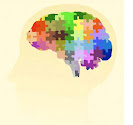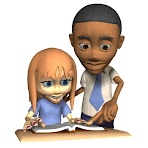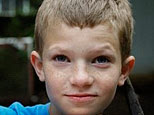Undiagnosed and Misdiagnosed ASD [Level 1]

ASD manifests in many ways that can cause difficulties on a daily basis. Here are some examples of what to look for: • Being naive and trusting • Confusion • Delayed motor milestones • Delighting in fine details such as knobs on a stereo • Difficulty in conversing • Difficulty with multitasking • Extreme shyness • Lack of dress sense • Mixing with inappropriate company • Not understanding jokes or social interaction • Quoting lists of facts • Unusual and obsessional interests One of the worst problems is that you can never really understand what is going on inside your youngster's head. This makes it so difficult for you to understand his behavior. This can leave you feeling emotionally beat-up and completely useless as a parent. You may have to cope with crisis on a daily, hourly or even minute-by-minute basis. Undiagnosed ASD— Undiagnosed ASD is an issue that concerns me because so many kids have the disorder and are struggling to mak



